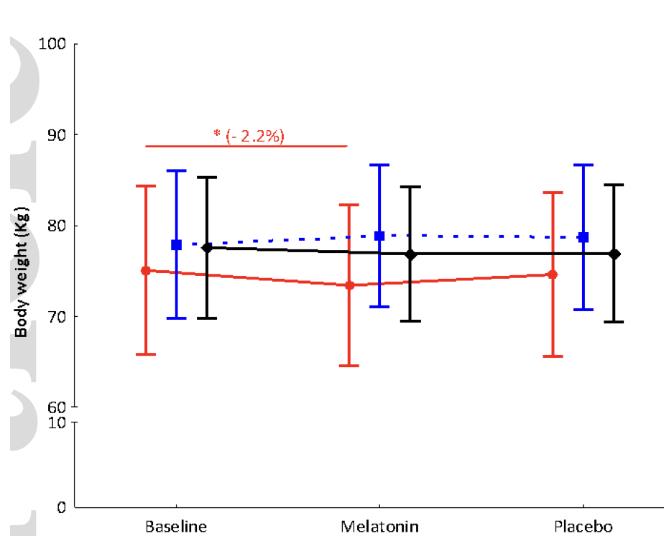Currently, there are several types of insomnia with confirmed efficacy that can be tried without much risk.
The first type is the elderly with insufficient hormone secretion. The secretion of melatonin by the pineal gland is greatly affected by age, so insomnia in people over 50 is likely to be related to the decrease in the level of melatonin in the body. This is also why many elderly people can immediately sleep well by taking a small amount of melatonin supplement.

The second type is insomnia caused by jet lag. Although you may not feel it, your body’s biological clock has always worked according to the fixed pattern of “rise at sunrise, rest at sunset.” However, entering a new time zone, the biological clock cannot keep up with this “ever-changing” change. Supplementing a certain amount of melatonin externally can quickly adjust the human circadian rhythm. Jet lag sufferers are a perfect fit for this situation.
The third type is people who work day and night shifts. Doctors, drivers, or service personnel may work in shifts, so even if they can nap during the day, the body’s biological clock may become disordered. Once the circadian rhythm is long-term disordered, weight and gut flora problems may also arise. However, taking a small amount of melatonin orally can significantly reduce the harm of circadian rhythm disorders. For example, one experiment on 27 medical workers who needed to work night shifts showed that supplementing with 3mg of melatonin on a non-night shift day could significantly reduce circadian rhythm disorders by 20%. Not only that, without changing the diet and exercise, the tester’s weight, BMI, and waist circumference all decreased to varying degrees just by taking melatonin orally, which is also the improvement brought about by adjusting the biological clock.
The fourth type is people who look at their phones or computers before going to bed. Some people inevitably have blue light interference from screens before going to bed (like me). But let’s be honest, it’s almost impossible to completely get rid of our phones. Even if this type of people do not have difficulty falling asleep, they can still try taking melatonin for 2-4 weeks, which may improve the quality of nighttime sleep, especially the quality of deep sleep. A small tip to note is that regardless of which type of insomnia melatonin is used for, try to take it about 30-60 minutes before bedtime, which may improve the effect of falling asleep.
